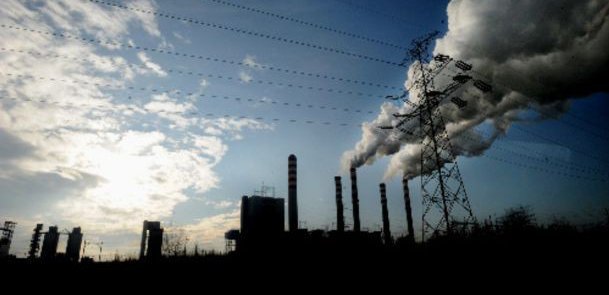The delivery of the country’s new flexibility remuneration mechanism plan by local authorities to the European Commission has been postponed until March, meaning its implementation, intended to compensate electricity producers for flexibility-related output, will be delayed accordingly, energypress sources have informed.
This rescheduling, included as a term in the bailout’s just completed third review, has been attributed to the lack of progress in local electricty market reforms.
Market reforms are expected as prior actions by the European Commission’s Directorate-General for Competition and Directorate-General for Energy before any remuneration mechanism may be applied to cover additional needs.
Officials in Brussels have obviously identified delays concerning electricity market reforms and, as a result, opted to delay the new flexibility remuneration mechanism’s introduction.
This delay will place even greater sustainability pressure on the country’s gas-fired electricity producers, left without CAT payments since April, and also pose a threat for the country’s energy supply security, especially amid the forthcoming winter period.
RAE, the Regulatory Authority for Energy, recently staged a public consultation process to shape the new flexibility mechanism’s details. It will be based on an annual auction procedure, as required by European law.
The plan entails offering producers three-hour-notice flexibility compensation for a maximum of 4,263 MW through one auction in 2018, not two as was initially considered.
Also, the starting remuneration price at flexibility mechanism auctions will be set at 30,000 euros per MW of output, slightly higher than the originally planned level of 25,000 euros per MW.
Hydropower and natural gas-fired electricity producers as well as Combined Heat and Power High Performance (CHP) stations will be entitled to take part in flexibility mechanism auctions. CHP units will have the right to seek payment for any output not remunerated through existing RES payment mechanisms.
Also, gas-fired electricity producing units will need to be able to run on alternative fuel (diesel) or possess natural gas reserves to be eligible for the flexibility mechanism’s auctions. This essentially means producers will need to hold additional supply contracts or be able to cover the cost of temporary LNG storage solutions, either directly or indirectly, as was proposed by DEPA, the public gas corporation.





